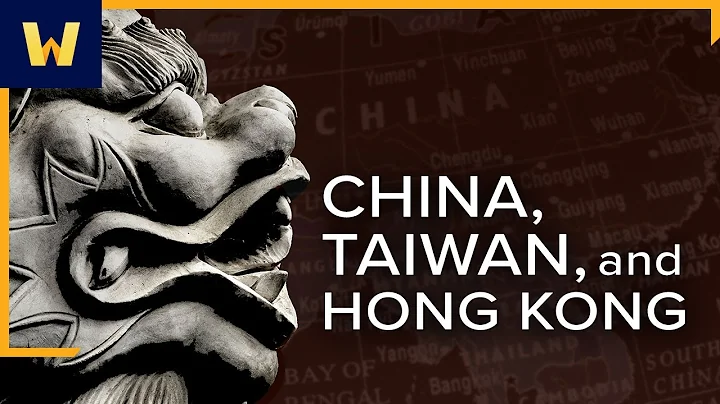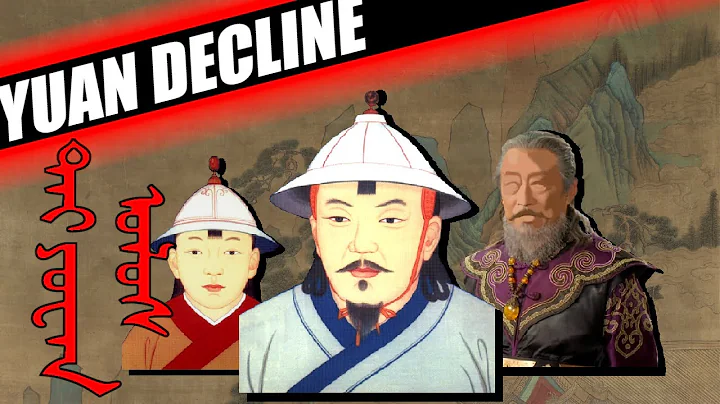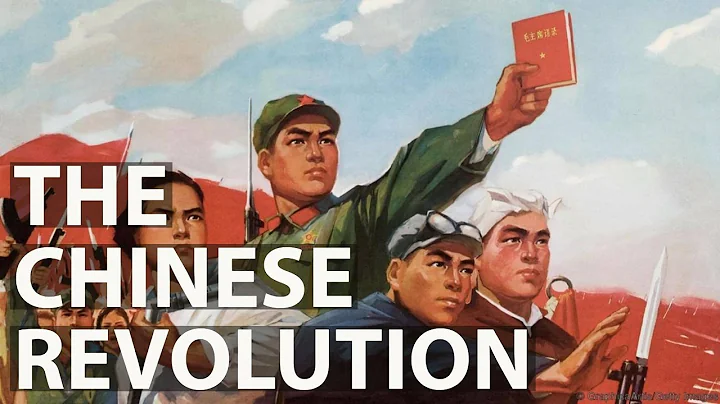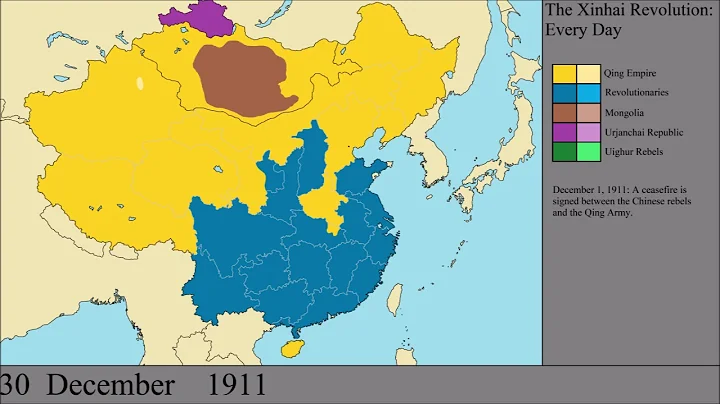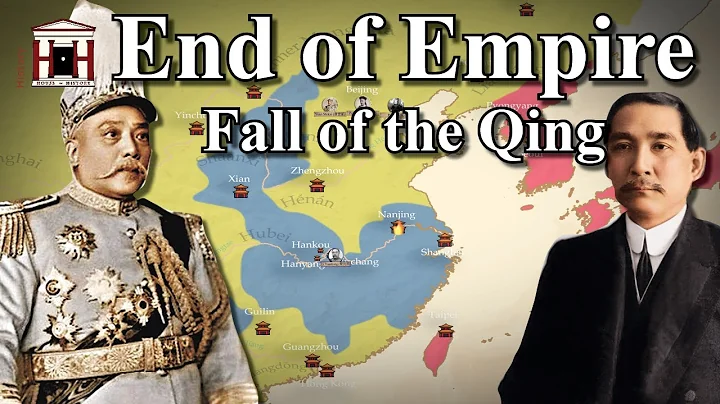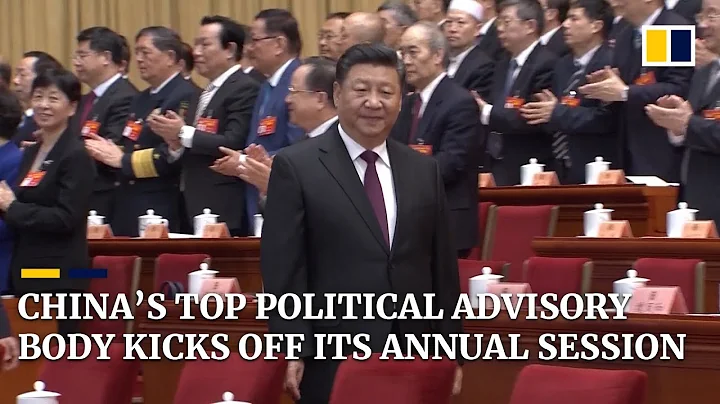
Yuan Shikai
In March 1912, Yuan Shikai took office as the interim president of the Republic of China in Beijing. The three famous leaders of the Revolution of 1911, Sun Yat-sen, Huang Xing, and Wang Jingwei, all refused to serve in Yuan Shikai's provisional government.

Sun Yat-sen
When Sun Yat-sen resigned as interim president, he said: Yuan Shikai should be responsible for civil rights, and he should focus on people's livelihood. When Sun Yat-sen was living overseas in his early years, he discovered a serious flaw in the capitalist system. Behind the political democratic system, the gap between the rich and the poor in capitalistic was very large. Therefore, when the Alliance was later established, the revolutionary program formulated by Sun Yat-sen included not only civil rights but also people's livelihood principles. By January 1924, the First National Congress of the Kuomintang was held in Guangzhou, and Sun Yat-sen re-edited the Three People's Principles . In the people's livelihood principles of the new Three People's Principles, Sun Yat-sen added the content of "controlling capital." As a bourgeois revolutionary, Sun Yat-sen's move went beyond the nature of the bourgeoisie. At the same time, it shows that when advanced Chinese people learn from Western advanced systems, they do not just swallow it all, but have choices and opinions of their own.
Sun Yat-sen resigned as interim president. His dream was to build railways and build China the longest railway in the world. Sun Yat-sen's ideas were beautiful but also naive. China's politics and economy at that time were unable to realize his ideals. Sun Yat-sen was a lovely revolutionary, idealist, and a sage who worked long and hard in public affairs. Sun Yat-sen's dream has become a reality today. Today's China not only has the longest railway in the world, but also the most advanced high-speed railway in the world. The total mileage of high-speed railways in the world is not as much as that of China. Today, China also has the world's total Highway with the most mileage. Therefore, today at this point, we can comfort all our martyrs in modern times.

Huang Xing
Huang Xing's status in the Tongmenghui is second only to Sun Yat-sen, and he is also the revolutionary with the most military ability in the Tongmenghui. After Yuan Shikai became the interim president of the Republic of China, Huang Xing still controlled more than 300,000 southern revolutionary troops. After the Revolutionary War, it seemed that there was no need for so many troops, and the huge military pay could not be solved. The army needed to demobilize some people. Yuan Shikai acted cunningly and handed over this task to Huang Xing. This was a difficult problem. If it was not handled well, it might lead to a mutiny. Huang Xing did not want to serve under Yuan Shikai. He tearfully dismissed the hundreds of thousands of troops who came for him one by one, and then Huang Xing returned to his hometown in Hunan.

Wang Jingwei
After Yuan Shikai became the interim president of the Republic of China, Wang Jingwei did not serve under Yuan Shikai and went to France to study with his wife Chen Bijun. Wang Jingwei was brilliant in the first half of his life, but nothing good in the second half. Wang Jingwei is a veteran of the Tongmenghui and a radical democrat in his early years. He promoted democratic revolution in Southeast Asia and was attracted by Chen Bijun, the daughter of wealthy overseas Chinese businessmen in Southeast Asia. Before the Revolution of 1911, Wang Jingwei participated in the assassination of the regent Zaifeng . At that time, it was a business of beheading and losing one's life. Chen Bijun had to go with Wang Jingwei life or death. Wang Jingwei's talent, appearance, and revolutionary passion at the time were indeed too attractive. Wang Jingwei was one of the famous handsome men in China in the early Republic of China. Song Meiling once said that as soon as Wang Jingwei appeared, Chiang Kai-shek was eclipsed. Wang Jingwei's assassination of the regent Zaifeng was exposed and he was arrested in Beijing. The court sentenced Wang Jingwei to be "treasonous and unethical and should be executed immediately." Wang Jingwei wrote the "Chapter of Generosity": Generously singing in the city of Yan, calmly being a prisoner of Chu. Leading the sword into success, living up to the youth's reputation. Chen Bijun tried every means to rescue Wang Jingwei, and Wang Jingwei was moved. Later, the Wuchang Uprising broke out, Wang Jingwei was released, and later married Chen Bijun in Shanghai. Chen Bijun is known as one of the eight famous ugly women during the Republic of China, but Chen Bijun was courageous and knowledgeable and was a famous politician during the Republic of China. Wang Jingwei later became very henpecked and was known as the "Rake Ear" in China. After Chiang Kai-shek's Nanjing National Government was established, Wang Jingwei was under Chiang Kai-shek, and Jiang and Wang were always at odds. In December 1938, Wang Jingwei fled from Chongqing and surrendered to Japan. Later, he established the puppet Nationalist Government in Nanjing and became a tool for Japan to invade China.Before the victory of the Anti-Japanese War, Wang Jingwei died in Japan "due to illness". After the victory of the resistance, Chen Bijun was sentenced for treason. She cursed Chiang Kai-shek in court. After the sentence, Chen Bijun was imprisoned in Suzhou Prison. After the founding of New China, Chen Bijun was transferred to Tilanqiao Prison in Shanghai. In 1959, she died in Shanghai Prison.




